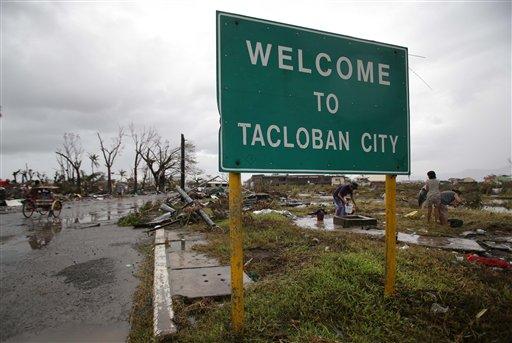In Australia, April 25 is synonymous with Anzac Day, a remembrance day for those who lost their lives in the World War I battlefields of Gallipoli.
For millions of Chinese people, April 25 is also a remembrance day, for it is the day that millions of Chinese citizens lost their faith in the Chinese communist authorities. It was the day they lost their innocence.
On April 25 1999, an estimated 10,000 practitioners of Falun Dafa, a qigong exercise and meditation practice, arrived at Zhongnanhai—the government compound in Beijing—to protest the beating and arrest of some 45 practitioners in Tianjin the previous day ...
The Tianjin practitioners had gone to the offices of the university newspaper to correct an inflammatory story about Falun Gong by He Zuoxiu, the brother-in-law of Luo Gan, head of the Ministry of Public Security at the time, that had been published on April 11. This was the first instance of practitioners being beaten and arrested by the police.
At that time, figures collated by Chinese authorities estimated that between 70 and 100 million people were practising Falun Gong (also known as Falun Dafa, or the Great Way) in China. Jiang Zemin, who held the positions of President of the People’s Republic of China, General Secretary of the Communist Party of China and Chairman of the Central Militray Commission at the time, was starting to become uncomfortable and jealous over the numbers and there were rumours that a clampdown could be imminent. However, to the thousands in Beijing, the inflammatory newspaper articles and random arrests were a sign Chinese authorities had got it wrong.
“We believed, because we just follow Truthfulness, Compassion and Forbearance, to be a good person, so we believe this happens [the arrests] because the Government does not know the truth and … maybe there is some misunderstanding,” said Tian Tian, a Chinese practitioner who now lives in Australia.
“Those practitioners believed the Government will do something about it and solve the problem,” she explained.
All through the day, practitioners waited quietly to meet with officials. Finally, three of them were able to speak to
Premier Zhu Rongji. He promised to have the Tianjin practitioners freed and reiterated the regime’s policy on non-interference in qigong practices.
Ms Liu, who studied at Beijing University and now lives in Canada, said: “Many people were practising Falun Gong back then, especially in the Haidian District, where many institutions of higher academic learning were located. We all thought the problem was over after April 25 and we would be able to continue to practise in peace.”
These dreams soon faded, however. The Chinese Communist Party began a vicious campaign against Falun Gong and used the turnout at Zhongnanhai to claim that Falun Gong was subversive and a threat to the Communist state.
Falun Gong was officially banned on July 20 that year, the Communist Party propaganda machine geared up for action and so began a decade of violent, state co-ordinated persecution.
According to the Faluninfo website, over 3000 practitioners have died as a result of torture and detention in labour camps since 1999 and thousands remain missing or in labour camps. Others put the number of deaths much higher.
In a report on his 2005 mission to China, the UN Special Rapporteur on Torture stated that 66 per cent of the reports of torture involved Falun Gong practitioners as victims.
More recently, a report from the Falun Dafa Information Centre recorded over 8000 arrests of Falun Gong practitioners in China during 2008. These arrests fly in the face of claims that the Olympics would improve human rights and freedom of expression in China.
April 25 at Zhongnanhai will be commemorated around the world and remembered as the day so many everyday Chinese people learned what the Chinese Communist Party is really like.


